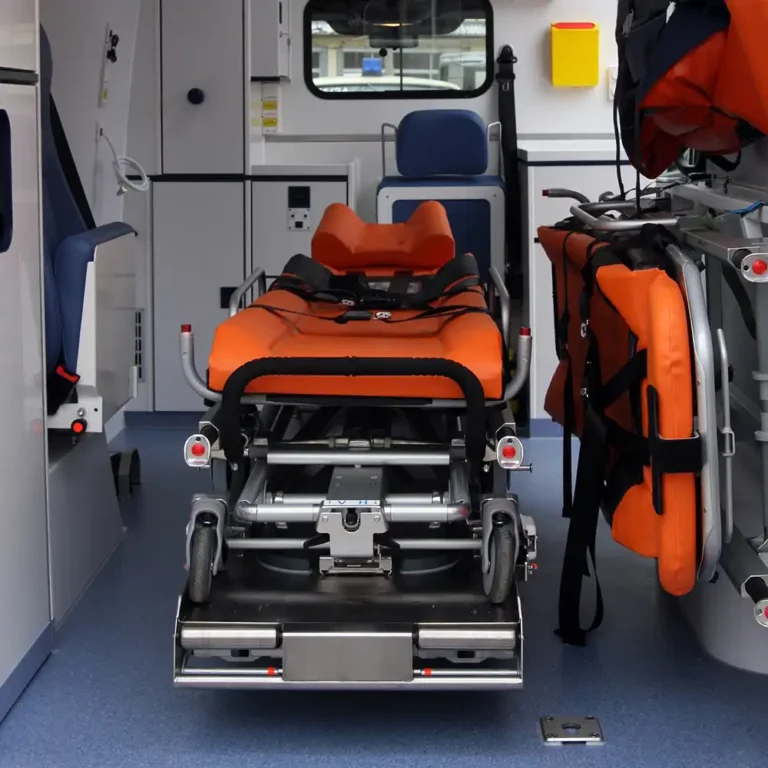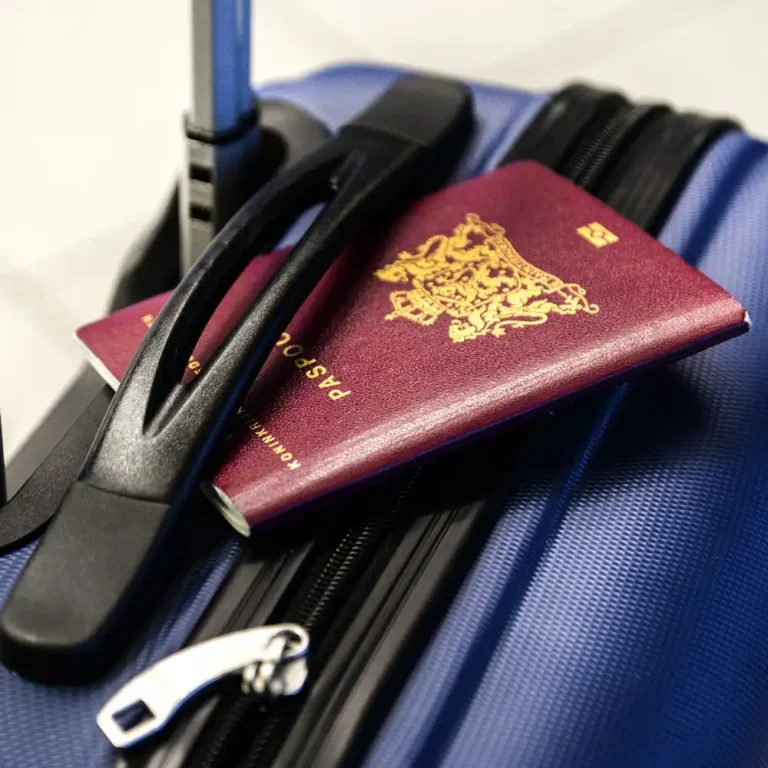If something goes wrong when travelling
Travelling around Europe can offer so many wonderful experiences and adventures, but what if you lose your passport, get ill or miss your flight? If something does goes wrong, there are services that can help you.
European Emergency Number – 112
Call 112 for free in all European countries for all urgent assistance (crime, accident, fire). Tell the operator which service you need (police, ambulance, fire) and what your name is, and then follow their instructions.
Irish Embassy/ Consulate
If something goes wrong when you’re travelling abroad and you need help, you can contact your local Irish Embassy or Consulate or call the Consular Assistance Unit on +353 1 408 2527. Consular staff are happy to offer you any assistance they can.
- Issue emergency passports/travel documentation (if certain criteria are met).
- Advise and support you in the case of an accident, serious illness or death.
- Help liaise with local police or other authorities, particularly if there is a language barrier.
- Contact your family or friends on your behalf.
- Visit you in prison if you have been detained.
- Advance cash to you in an emergency situation provided that the amount you need has been lodged in advance with us at their offices in Dublin or Cork or at a Garda Station.
- Provide a list of English-speaking lawyers, doctors or interpreters in a country.
- Provide a list of local undertakers in the event of a death.
However, you need to be aware that there are limits to the help they provide!
More information on Dept of Foreign Affairs Assistance Abroad
Sick or Injured Abroad
European Health Insurance Card (EHIC) – allows you to access public healthcare in another EU/EEA state for free or at a reduced rate. How you use an EHIC abroad differs from country to country. In some countries you might have to pay for treatment, even though you may not have to in Ireland. You can use it when you are travelling abroad or when you are staying temporarily in another EU state. It’s free! More information
If you become ill or need hospital treatment while you’re abroad, contact your nearest Irish Embassy or Consulate.


Mental Health
The DFA website gives good advice on protecting yourself before you go and while abroad.
The International Association for Medical Assistance to Travellers (IAMAT) has a sub-section devoted to Travel and Mental Health that gives helpful advice and recommendations to travellers who may experience mental health issues while abroad.
Passports – lost/stolen
Your passport is an important document and should always be kept safe. But if your passport is lost or stolen abroad, you can contact your nearest Irish Embassy or Consulate. They can help you deal with the situation. More information

Your Passenger Rights
Passenger Rights
Have you experienced delays or cancellations? Has your luggage been lost before? Unsure of what to do if something goes wrong when travelling?
As an EU citizen, you have rights as a passenger – by plane, train, bus, coach or ship. This includes the right to accurate, timely and accessible information, assistance in case of transport disruption and, in certain circumstances, compensation in case of cancellation or long delays.
Download the EU’s ‘Your Passenger Rights’ app! so you can check what your rights are and how to claim them.
Package Holidays
EU rules also protect you when you buy package holidays or trips that combine at least two different types of travel services (such as a flight and a hotel or car rental) through the same or linked online booking site. This includes clear information about your travel package and your rights, e.g. cancellation. If you find yourself in difficulty you are entitled to assistance such as information on health services and consular assistance.
PASSENGERS WITH A DISABILITY OR REDUCED MOBILITY
Passengers with a disability or with reduced mobility are entitled to free assistance in airports, train stations, ports and designated coach terminals, as well as on board aircraft, trains, ships and coaches. It is important to let the carrier or terminal operator know of your specific needs at the time of booking, when buying the ticket in advance, or at least 48 hours before travelling (36 hours when travelling by coach). Find out more
If you are travelling by car and have a disabled parking card in your home country, you can use the disabled parking facilities in other EU countries, but check what local conditions apply. Look out for the wheelchair symbol.
HELP FOR CONSUMERS
European consumers are protected by EU legislation when travelling and shopping in Europe.
The European Consumer Centres Network (ECC-Net) gives practical information on EU consumer rights as well as free advice and assistance with cross-border complaints or disputes. There is one centre in each EU country as well as in Iceland and Norway. There is also a useful ECC-Net travel app with lots of practical help and information.
Connect 2 Europe
Subscribe to our Connect2Europe newsletter to keep up to date with European opportunities, grants, events, useful resources and news.
